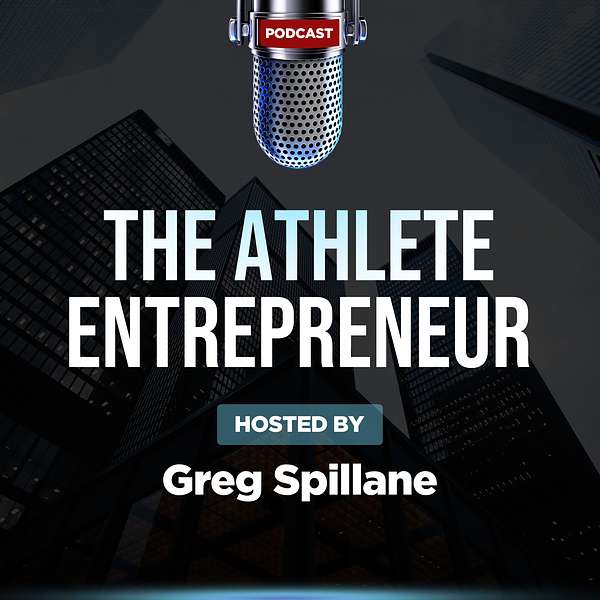
The Athlete Entrepreneur
"The Athlete Entrepreneur" podcast explores the link between sports and business. We discuss lessons from athletics and how they apply to business. Listen to former athletes talk about their shift to entrepreneurship and hear from experts on transitioning from sports to starting and growing companies. This podcast is for those interested in the practices of successful individuals in both sports and business.
Podcasting since 2021 • 0 episodes
